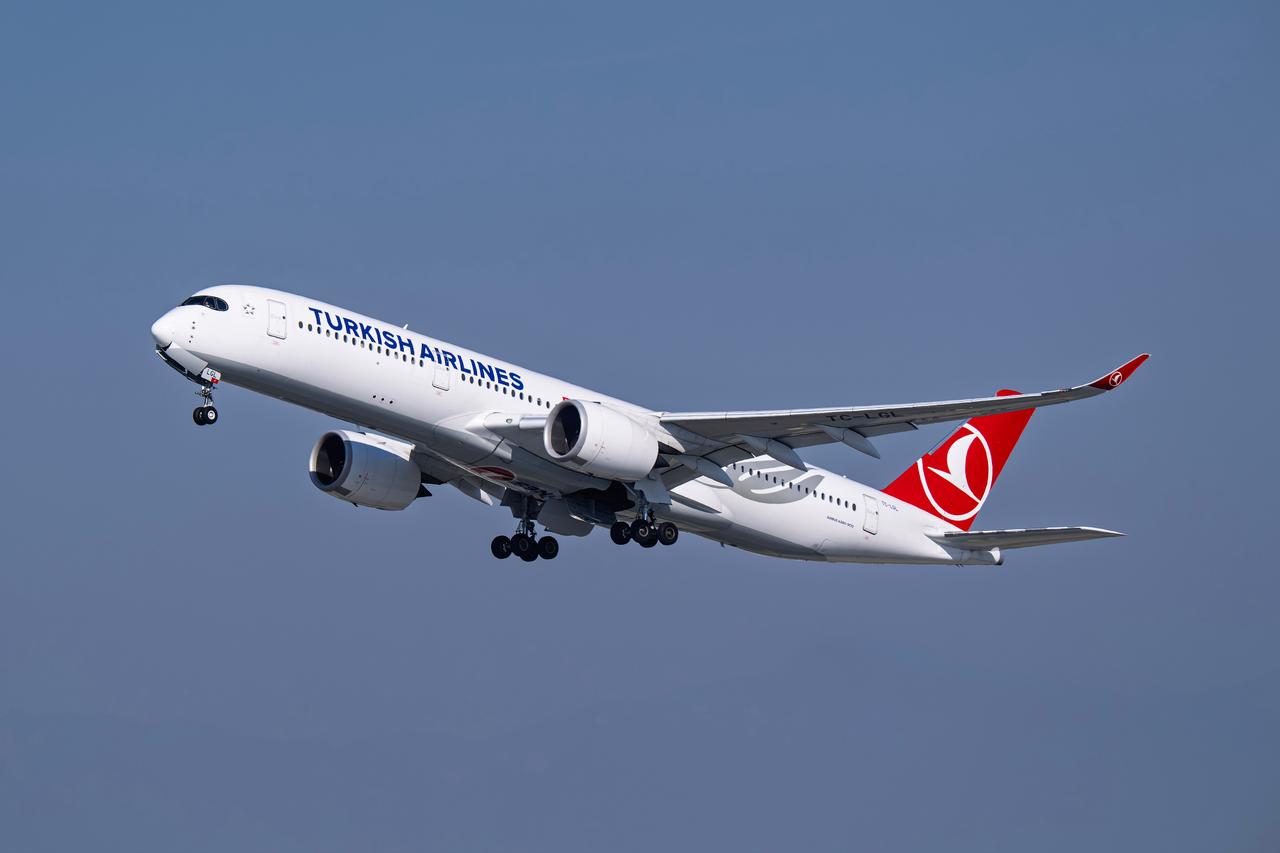
Turkish Airlines announced comprehensive new baggage restrictions prohibiting smart luggage with non-removable lithium batteries from both cabin and checked baggage areas, citing flight safety concerns following recent aviation incidents.
The policy change comes after a recent incident involving a South Korea-bound flight, according to company statements. During an Istanbul-Seoul route operated by a private airline, a passenger's portable charging device fell between seats while the aircraft was cruising over Kazakhstan airspace. The safety concern prompted the aircraft to return to Istanbul Airport as a precautionary measure.
Following this incident, Türkiye's Directorate General of Civil Aviation (SHGM) issued recommendations to airline companies regarding the prohibition of portable charging devices containing lithium batteries during flights. The aviation authority's advisory specifically targeted the use of power banks and similar lithium battery-powered devices during flight operations.
Under the new rules detailed on Turkish Airlines' website, smart luggage will face strict transport limitations. The airline defines smart luggage as devices that provide the ability to charge external devices through integrated lithium batteries, and include GPS tracking devices, Bluetooth connectivity, Wi-Fi capabilities, self-weighing features, and digital lock systems.
"Smart luggage with non-removable lithium batteries cannot be transported as cabin baggage or checked baggage," the airline stated in its official policy announcement.
For passengers attempting to carry smart luggage as cabin baggage, the airline has established specific protocols. The lithium battery must be completely removed from the smart luggage and transported separately within the cabin baggage compartment. Critically, the battery cannot be reattached to the smart luggage until passengers reach their final destination.

The airline has implemented additional safety protocols for loose lithium batteries carried in cabin baggage. To prevent short circuits, which pose significant safety risks, batteries must be placed in their original packaging, have their terminals properly insulated, or be stored in protective plastic bags designed for battery transport.
For checked baggage scenarios involving smart luggage, the restrictions are equally stringent. The lithium battery must be completely removed from the smart bag and transported separately in the passenger cabin, ensuring the battery remains under direct supervision throughout the flight.
The restrictions reflect growing aviation industry concerns about lithium battery safety in aircraft environments. These power sources have been identified as potential fire hazards due to their capacity for overheating and experiencing thermal runaway, a dangerous condition where batteries can ignite or explode.
Turkish Airlines' decision aligns with broader industry trends, as aviation authorities worldwide continue prioritizing passenger safety amid the increasing proliferation of battery-powered travel accessories and smart luggage systems. The move positions the carrier alongside other major international airlines that have implemented similar policies governing lithium battery transport in response to safety recommendations from civil aviation authorities.